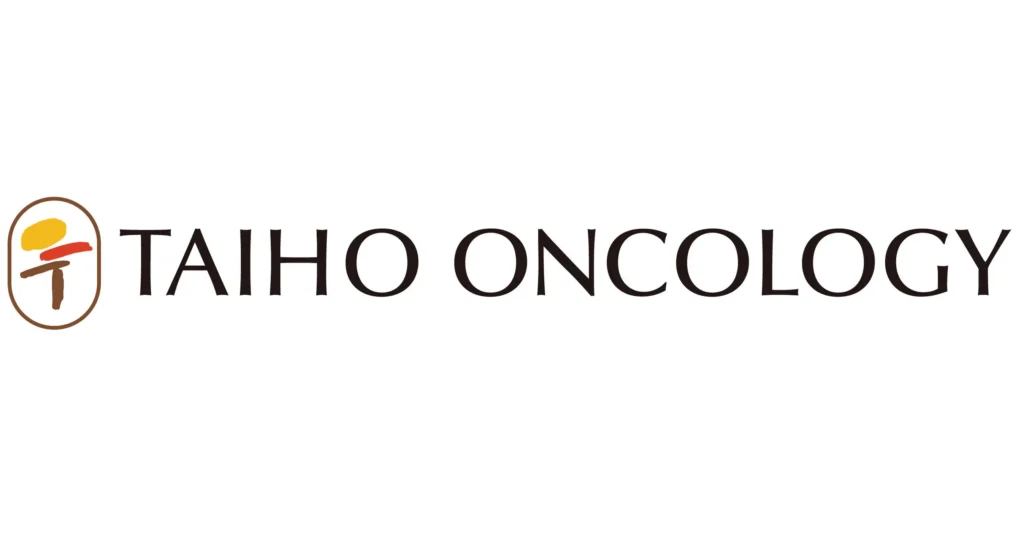
Taiho Oncology Europe Announces Availability of Futibatinib in Italy for the Treatment of Cholangiocarcinoma
Taiho Oncology Europe, a subsidiary of Taiho Pharmaceutical Co., Ltd., has officially announced the availability of futibatinib in Italy for the treatment of patients diagnosed with cholangiocarcinoma, a rare and aggressive form of bile duct cancer. This development marks a significant milestone in the ongoing efforts to provide innovative and effective treatments for patients suffering from this challenging disease.
Understanding Cholangiocarcinoma and Its Challenges
Cholangiocarcinoma (CCA) is a malignant tumor that arises from the epithelial cells of the bile ducts. It is classified into three main types based on its location: intrahepatic, perihilar, and distal cholangiocarcinoma. The disease is notoriously difficult to diagnose early due to its non-specific symptoms, which often include jaundice, abdominal pain, weight loss, and fatigue.
Given its aggressive nature and resistance to conventional chemotherapy, cholangiocarcinoma has a poor prognosis. The five-year survival rate remains low, and available treatment options are often limited. Surgery is considered the only curative approach; however, due to late-stage diagnosis in many patients, only a small percentage qualify for surgical resection. As a result, there is a pressing need for targeted therapies that can provide improved outcomes for patients with advanced or unresectable disease.
The Role of Futibatinib in Cholangiocarcinoma Treatment
Futibatinib is an oral, irreversible tyrosine kinase inhibitor that specifically targets fibroblast growth factor receptor (FGFR) mutations. It is designed to block the FGFR signaling pathway, which is implicated in the growth and proliferation of certain cancers, including cholangiocarcinoma.
A significant percentage of patients with intrahepatic cholangiocarcinoma harbor FGFR2 gene fusions or rearrangements, making them ideal candidates for FGFR-targeted therapy. Futibatinib has demonstrated promising results in clinical trials, particularly in patients with previously treated, advanced cholangiocarcinoma harboring FGFR2 alterations.
The pivotal Phase 2 FOENIX-CCA2 trial evaluated the efficacy and safety of futibatinib in patients with FGFR2 fusion-positive cholangiocarcinoma who had exhausted previous treatment options. The study revealed a durable response rate, with a notable percentage of patients experiencing tumor shrinkage or disease stabilization. These findings underscored the potential of futibatinib as an essential therapeutic option for patients who previously had limited alternatives.

Regulatory Approval and Availability in Italy
The approval of futibatinib in Italy follows a rigorous evaluation by regulatory authorities, ensuring its safety, efficacy, and quality for patients in need. The availability of this targeted therapy in Italy is a crucial step toward improving treatment outcomes for patients suffering from cholangiocarcinoma.
Healthcare providers in Italy now have access to a cutting-edge therapeutic option that can be prescribed to eligible patients. Futibatinib’s introduction into the Italian healthcare system aligns with broader European regulatory approvals, ensuring that patients across multiple regions benefit from its therapeutic potential.
Implications for Patients and Healthcare Professionals
For patients diagnosed with FGFR2-altered cholangiocarcinoma, futibatinib represents a new ray of hope. Traditional chemotherapy regimens have provided limited success, making targeted therapies like futibatinib a welcome advancement. By specifically inhibiting the FGFR2 pathway, this drug offers a more tailored and effective approach to treating a subset of cholangiocarcinoma patients who may not have responded to standard treatments.
From the perspective of healthcare professionals, the addition of futibatinib to the treatment landscape expands the arsenal of available therapies. Oncologists in Italy can now consider this drug as part of their treatment strategy, enabling them to offer patients a precision-medicine approach that was previously unavailable.
Taiho Oncology Europe’s Commitment to Innovation
Taiho Oncology Europe has long been dedicated to advancing oncology treatments through innovative research and development. The availability of futibatinib in Italy is a testament to the company’s commitment to addressing unmet medical needs and improving patient outcomes.
Beyond cholangiocarcinoma, Taiho Oncology continues to explore novel therapies across various cancer types, ensuring that patients worldwide have access to effective treatments. The company’s focus on precision oncology aligns with the broader movement in cancer care, where targeted therapies are increasingly becoming the standard of care for specific tumor profiles.
The Future of Cholangiocarcinoma Treatment
While the introduction of futibatinib in Italy represents a significant advancement, ongoing research continues to explore additional treatment options for cholangiocarcinoma. Clinical trials are evaluating combination therapies, immune checkpoint inhibitors, and next-generation FGFR inhibitors to further enhance treatment efficacy.
The future of cholangiocarcinoma treatment is evolving rapidly, with personalized medicine playing a central role. Advances in genetic and molecular profiling have allowed for more precise treatment approaches, ensuring that patients receive therapies tailored to their specific cancer characteristics.
About Taiho Oncology Europe
Taiho Oncology Europe’s mission is to improve the lives of cancer patients, their families and caregivers. The company specializes in orally administered anticancer agents and has a growing pipeline of selectively targeted anticancer agents. Taiho Oncology Europe GmbH (Baar, Switzerland) is the European subsidiary of Taiho Pharmaceutical Co., Ltd. (Tokyo, Japan). For more information, please visit www.taihooncology.eu





